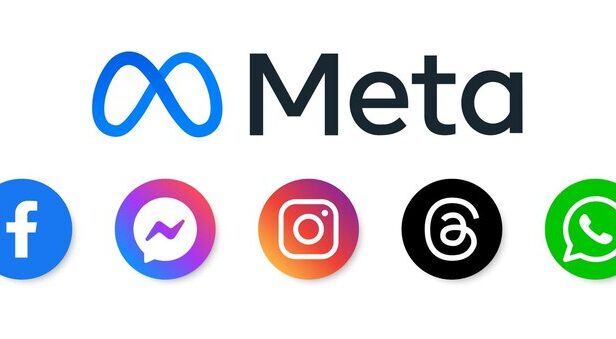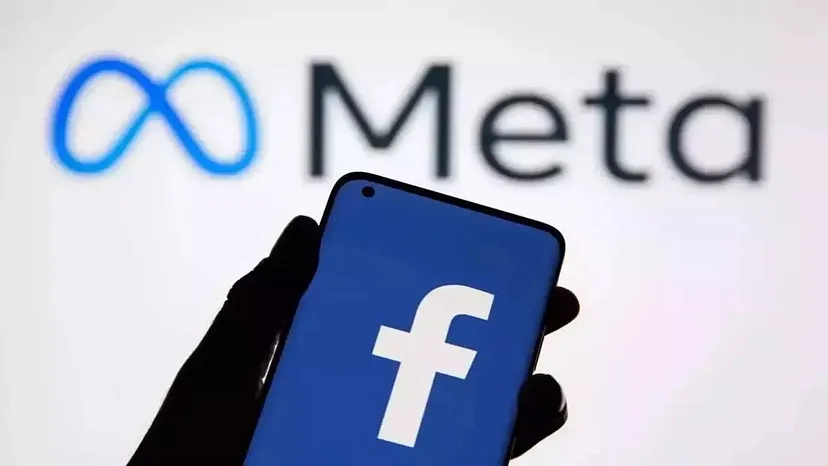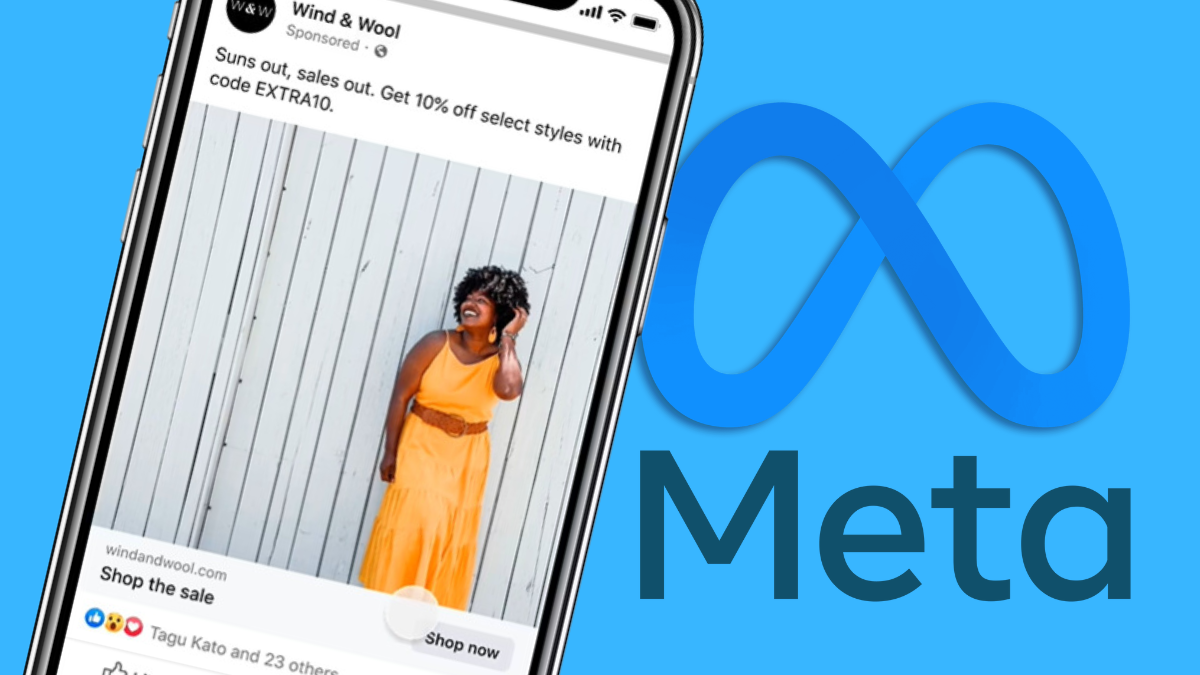By Erika Koutroumpa,
For most social media companies, users’ private data seems to be a digital goldmine. According to a Forbes article, approximately 97% of tech giant Meta’s revenue is derived from user-targeted advertisements, with the Ad revenue for Q2 2023 alone, reaching the 31.5 billion mark. However, with an increasing amount of legislation on the EU front, tech giants must find more creative ways of obtaining this much sought-after good in legal ways. The latest example of this was the introduction of a “Pay or okay” approach on the Facebook and Instagram platforms, which seems to have stirred controversy among regulators and consumers alike.
Most websites nowadays rely on personalized ads as their source of income. This entails taking users’ information and selling it to advertisers, hence creating a less personal and more curated approach to online browsing. According to a recent European Court of Justice verdict in a case with Meta as a defendant, using personal details of users to target with personalized ads is a violation, unless the profile user gives consent first. Hence, as part of the obiter dictum, the possibility of using a “freemium” model where a user can choose between utilizing the services without paying but sacrificing their data or paying a fee and not sharing that information was introduced. This could work as a compromise between legislators and companies, supposing that the fee charged is reasonable while also covering up for the losses from not running personalized ads for every user.

Hence, to comply with the demands of European legislators, Meta introduced monthly subscriptions for Instagram and Facebook: 9.99 € for the web, and 12.99 € for apps for iOS and Android. They are not the first company to follow this economic model; this form of funding is popular among online news outlets and streaming applications such as Spotify. Usually, only the holdings of a case have a legally binding nature, and the “obiter dicta” are just additional considerations that may or may not be of direct correlation to the case. However, the GDPR does not make exceptions for media companies when it comes to consent, which would mean that institutions from other fields could potentially use this “pay or okay” method as a legal loophole, just like Meta in this case scenario.
In the “obiter dictum” acting as the foundation for Meta’s new subscriptions, it was mentioned that there must be an alternative to ads “if necessary for an appropriate fee.” However, the European Consumer Organization claimed that the price point is too high, further stating that the company’s practices are misleading and aggressive. Furthermore, according to Article 7 of the GDPR, withdrawing your consent should be as easy as giving it in. The procedure on meta-driven websites Facebook and Instagram is regarded as complicated, where withdrawing one’s consent requires signing up for a subscription.
There are some questions raised that come more from a marketing perspective than a legal perspective. Users online have expressed dissatisfaction with the surge in sponsored content on social media platforms, which, in effect, has turned networking into a curated rather than a personal experience. Also, advertisements shown on such platforms are not vetted to ensure their authenticity, safety, and quality, thus creating the risk of falling victim to internet scams. Lastly, this business model change comes at a time when subscription fatigue is a part of our current reality. Budgets are becoming tighter due to the ongoing economic crisis and people are becoming more conscious of the subscriptions they are paying for. Consumers want less friction in the consumption process and being flooded with more fees to pay, even for their data, will amplify this sensation of being overwhelmed. Does introducing a freemium model match with the current zeitgeist?

The right to privacy has taken central stage in international legislation in the past half-decade, now being recognized by the EU via the European Convention on Human Rights (Article 8) and worldwide by the Universal Declaration of Human Rights (Article 12). Personal data protection is often considered a separate right protected by Article 8 of the EU Charter, which is considered binding across Europe. However, these rights have limitations imposed in certain circumstances and are not considered absolute. EU rules have long been considered the standard in data protection, with many countries globally following suit.
To conclude, privacy is considered a fundamental human right that, due to the advantages it provides advertisers, has turned into a luxury. The EU is trying to protect this right and its further commodification via the GDPR and other upcoming legislation. Companies like Meta and now TikTok are following along and trying to adapt to this shifting legal landscape by changing their business model and introducing a “Pay or Okay” service. The success of this business move will require more than just fulfilling legal requirements to be assessed since the current consumer attitude is characterized by an aversion to subscription models and an increased demand for data handling transparency.
References
- Data Protection. European Data Protection Supervisor. Available here
- People Are Sick and Tired of All Their Subscriptions. The Wall Street Journal. Available here
- Meta Launches Ad-Free Paid Model In Europe: Does This Solve the Privacy Issue? Forbes. Available here
- Is Meta’s ad free service just another way to make people pay for privacy? The Guardian. Available here




